Vegas hotel shops are secretly changing their prices—here’s why you should care before your next splurge.
Ever wandered into a Las Vegas hotel lobby, grabbed a bottle of water, and wondered why it’s suddenly pricier than your last visit? Welcome to the wild, ever-shifting dance of supply and demand on the Strip — where prices don’t just rise and fall, they practically pirouette based on the day, the crowd, and the unrelenting Vegas hustle. It’s no longer just hotel rooms or Raiders tickets that get the surge pricing treatment; even the humble sunscreen or a late-night snack can cost you more when demand spikes. This isn’t some mysterious voodoo—it’s dynamic pricing in action, giving hotels a nifty little profit boost even amid a slump in visitors. But while this algorithm-driven pricing may make sense for the businesses, it raises some eyebrow-raising questions about fairness and transparency for travelers like you and me. So, what’s really going on behind those price tags beside the slot machines? Let’s unpack the new Vegas pricing game that’s turning everyday items into instant money-makers. LEARN MORE
The law of supply and demand is constantly in practice in Las Vegas, where everything from hotel rates to Las Vegas Raiders ticket prices can fluctuate on a moment’s notice during busy weekends. These price adjustments are also happening in those omnipresent lobby shops that sell everything from booze to chips and bottled water. According to the Las Vegas Review-Journal, surge pricing, or dynamic pricing, is popping up at various hotels in Vegas.
That means a bottle of water that may have cost you $6 on Tuesday may cost you almost $7 on Friday. The Review-Journal sent its summer interns to a half dozen properties on the Strip, including the Bellagio, Caesars Palace, Harrah’s and the MGM Grand. They found surge pricing models at work on products ranging from sunscreen to energy drinks.
It’s no secret that the desert gambling and entertainment hub is amid a pronounced decline in visitors. But given that some resorts are trying to lure guests by waiving one of the least popular add-ons to any bill — resort fees — why would some hotels institute dynamic pricing for the small impulse purchases made in the lobby?
Because it’s potentially very profitable. Automated point-of-sale systems mean hotel sundry shops can update prices on any number of items immediately, turning bottles of water into profit engines.
Algorithmic pricing is rather common in the digital economy age. If you use Uber, you’ve experienced surge pricing when you try to book a ride during a busy time. Airlines and hotels use dynamic pricing based on factors like demand, capacity and time of booking. The practice is also well established in the concert industry, where ticket prices to see top acts can jump based on demand.
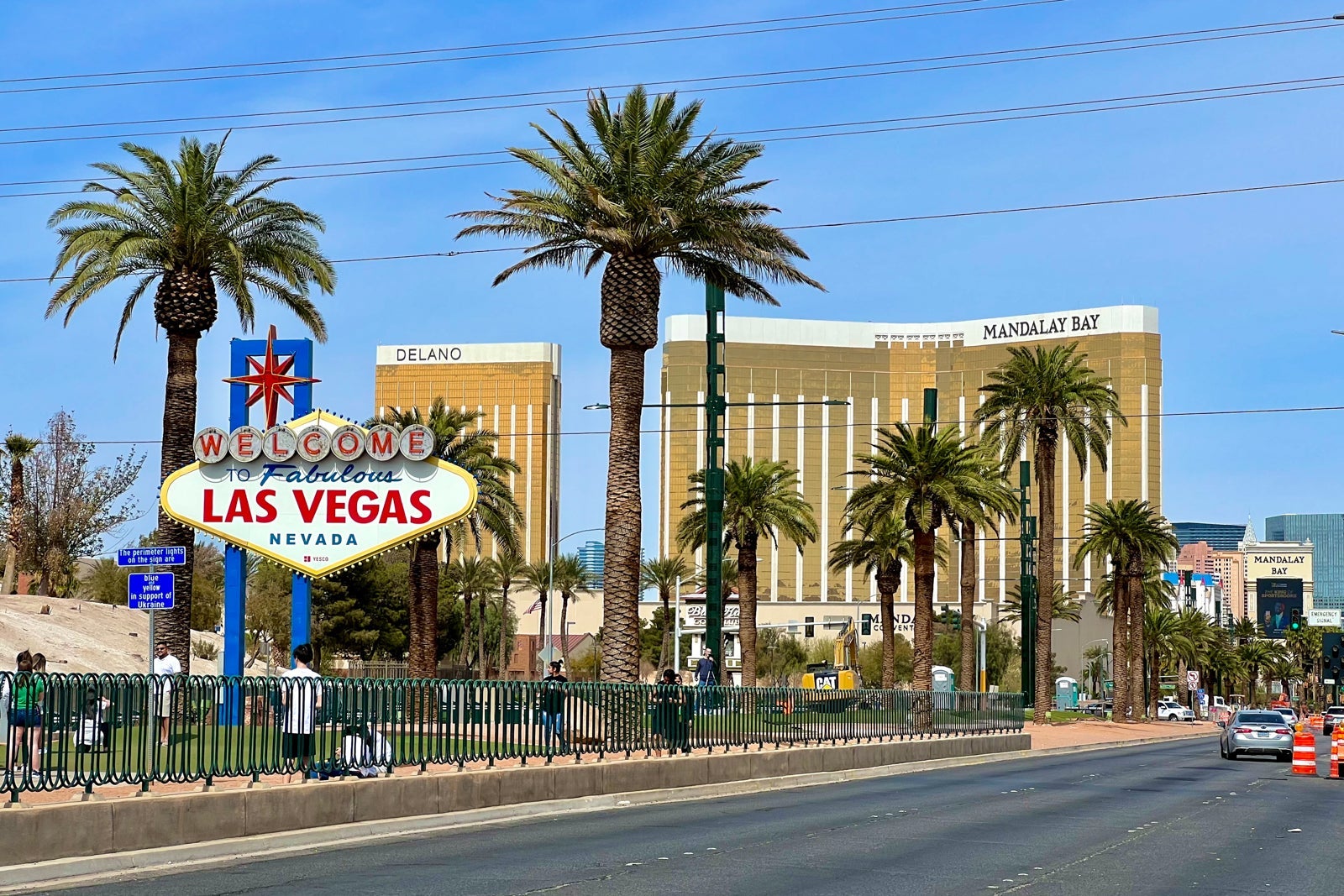
Related: Make dynamic pricing work for you: How rebooking hotel stays can help you save on award nights

Daily Newsletter
Reward your inbox with the TPG Daily newsletter
Join over 700,000 readers for breaking news, in-depth guides and exclusive deals from TPG’s experts
By signing up, you will receive newsletters and promotional content and agree to our Terms of Use and acknowledge the data practices in our Privacy Policy. You may unsubscribe at any time.
A recent National Retail Federation blog post defended dynamic pricing as a “natural extension of longstanding retail practices.” It argued that modern technology allows retailers to adjust prices rapidly to account for market changes. “Consumers benefit directly from this evolution,” wrote Mike Lemon, NRF’s vice president of legal affairs. “Pricing becomes more efficient, more competitive and more responsive to market realities.”
Las Vegas is always ahead of the curve on new ways to make a buck. Most hotels on the Strip don’t have coffee makers in the rooms, so you have to get dressed, go downstairs and pay $8 for a pretty ordinary cup of coffee. Resort fees and stiff rates for parking are just two examples of once-novel ideas that have become common practice on the Strip for squeezing more money from guests. Dynamic pricing at the lobby shops could be the next new thing.
“Dynamic pricing in Vegas hotel shops is a natural extension of what we’ve already seen in travel and e-commerce,” says Uri Abramson, founder of Datasonic and CashAdvanceApps.com, an artificial intelligence-driven personal finance site. “When demand spikes — say, during a convention or heat wave — prices on essentials like water or sunscreen can surge in real time.”
Abramson says Vegas properties must be concerned with transparency, or risk alienating customers. “Unlike flights, consumers don’t expect a $6 bottle of water to jump to $9 overnight,” he points out. “As AI pricing models become more accessible, we’ll likely see this expand to more retail environments, especially where customers are captive and convenience trumps cost.”
But using surge pricing for sodas and snacks may be a bridge too far for some people. After all, most people visiting Vegas don’t mind paying the “vig,” the fee or commission on a bet in a casino sportsbook. But paying a couple of dollars more for a can of beer just because of the time of day somebody purchased it could be off-putting for guests.
There is a rather simple way to avoid the dynamic pricing dilemma. All you need to do is step outside the casino and hit a CVS or Walgreens on Las Vegas Boulevard. There are several to choose from, and unlike the shops inside some of the hotel properties, the prices at those stores stay the same, morning, noon and night.
Related reading:
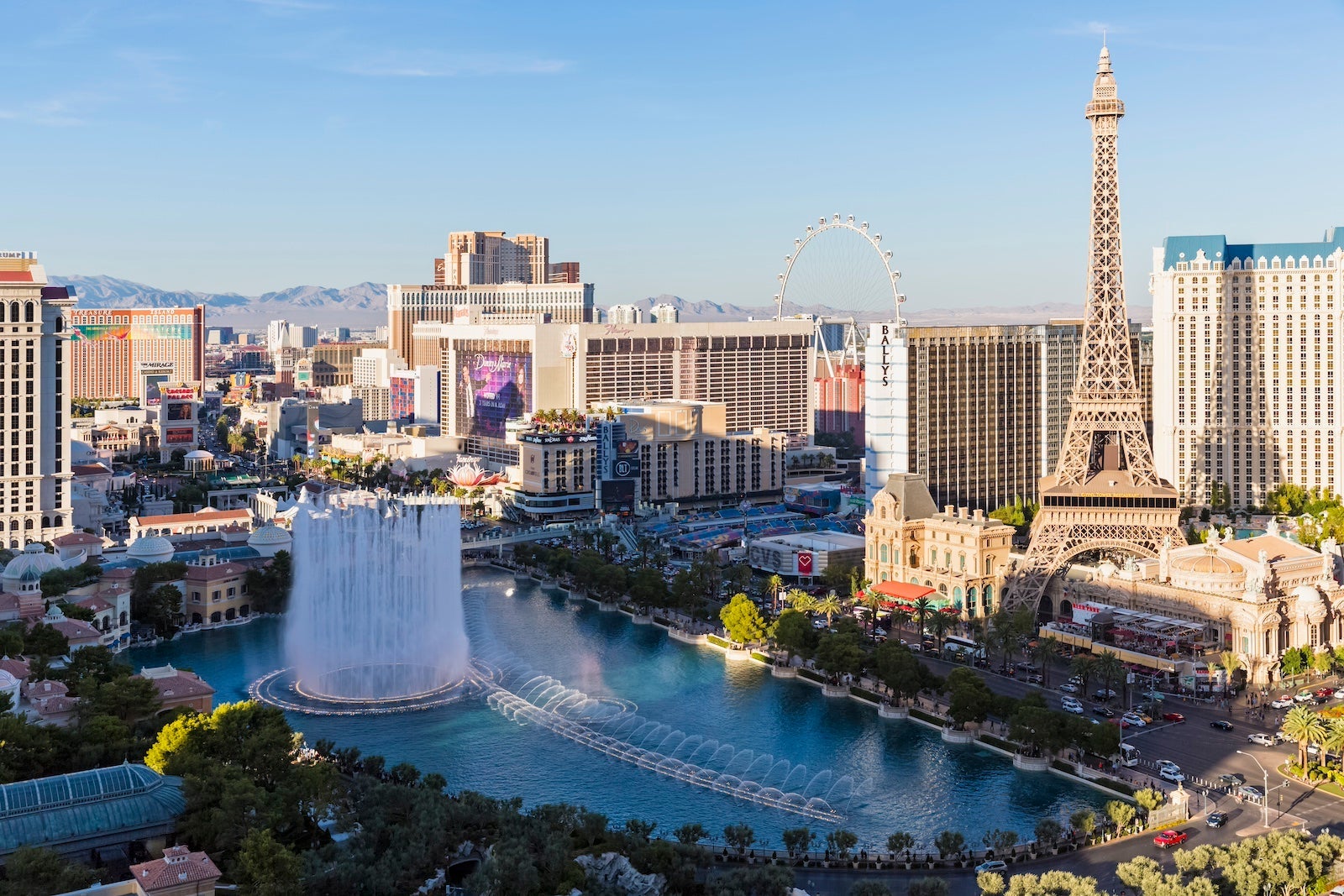


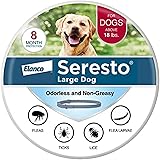


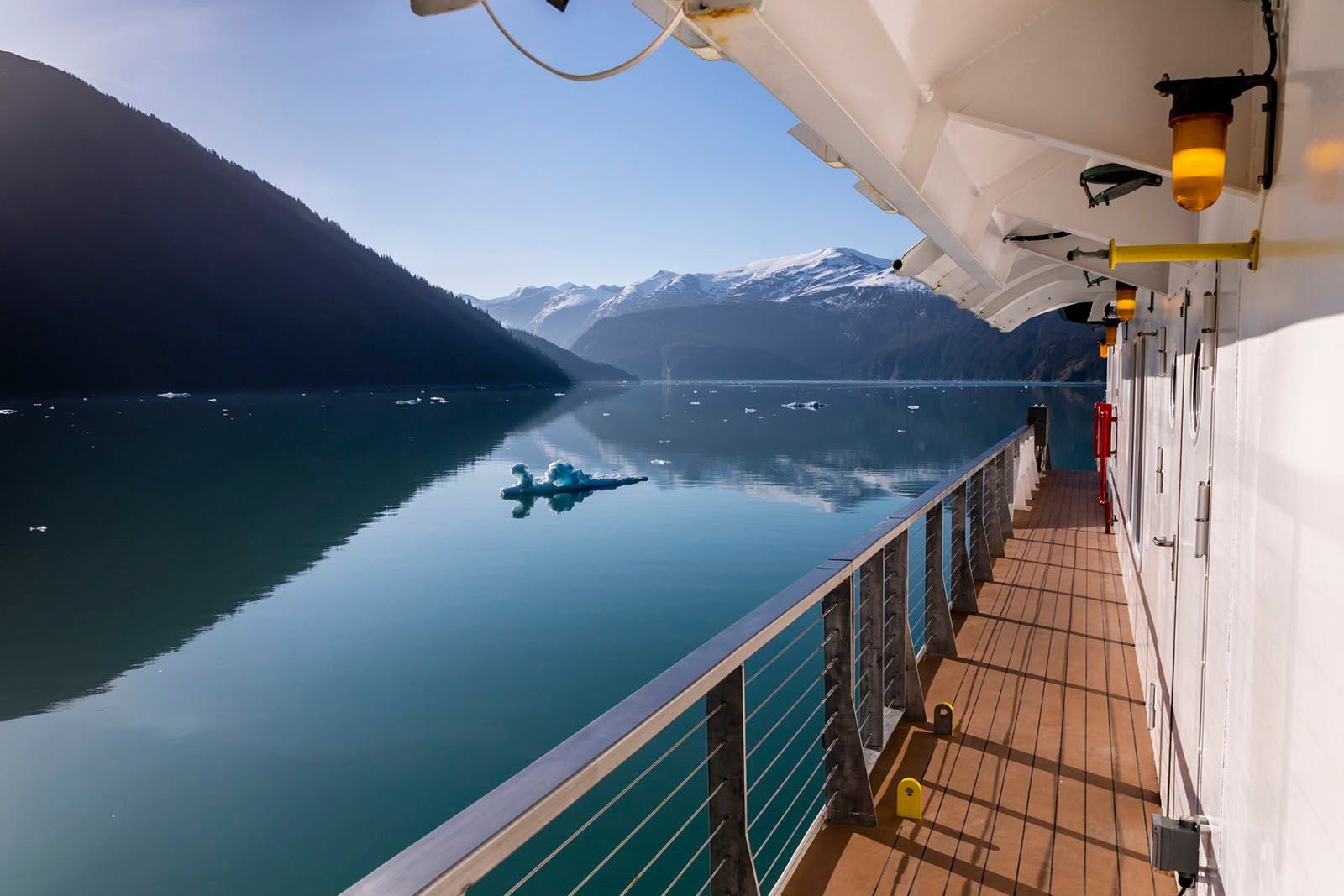
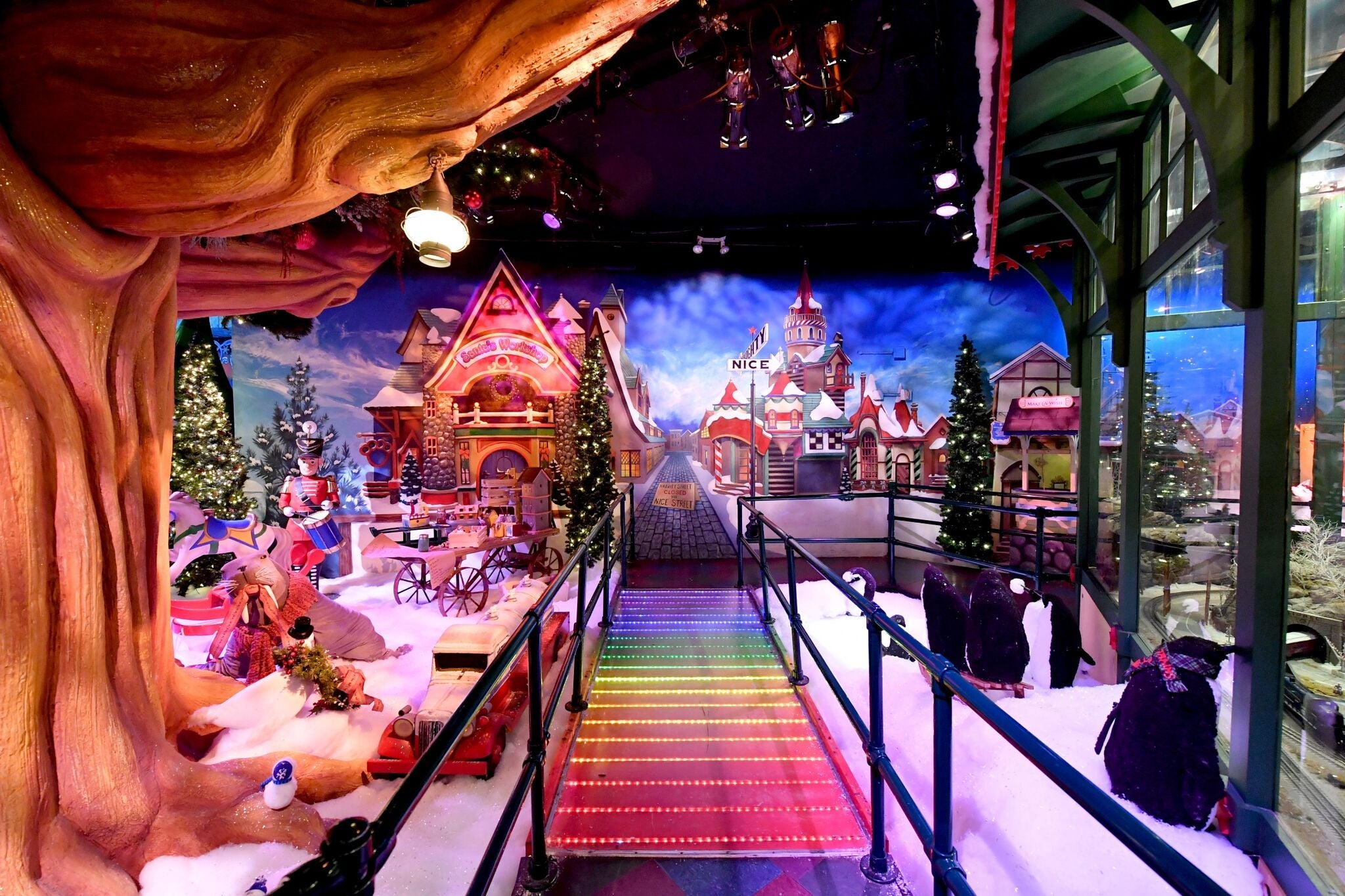
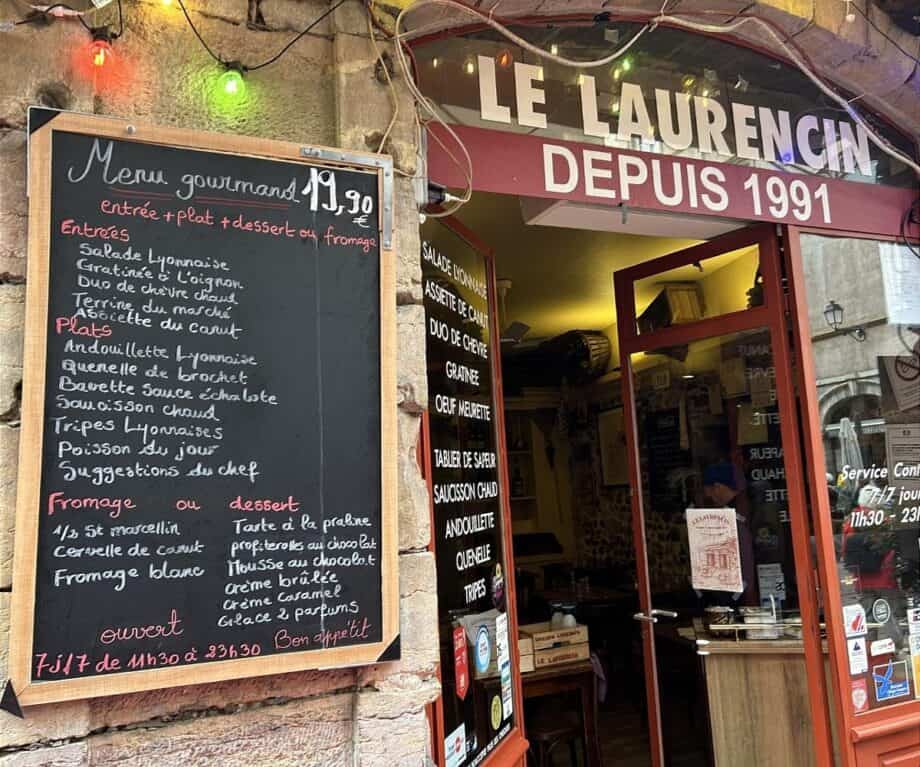











Post Comment